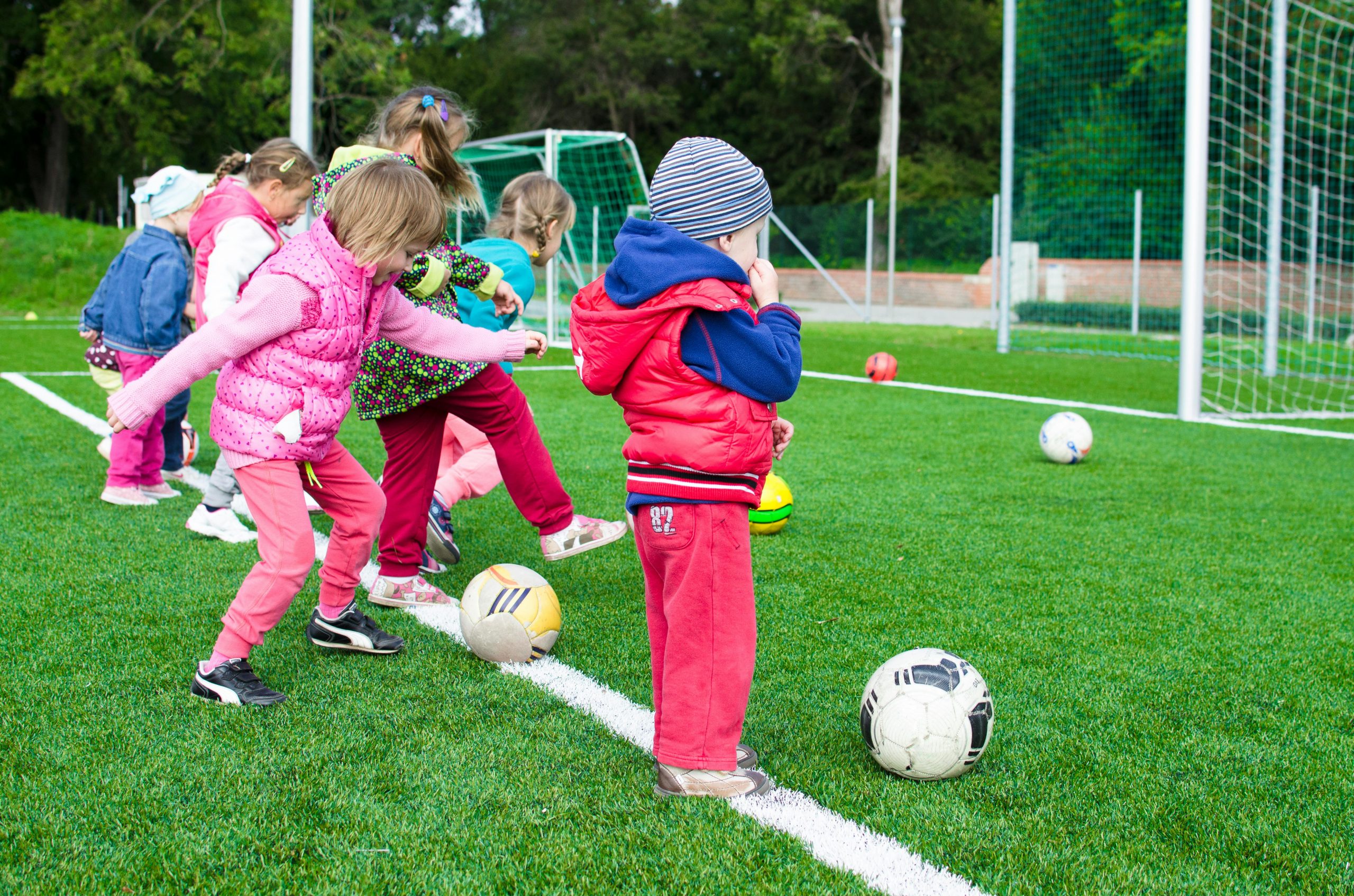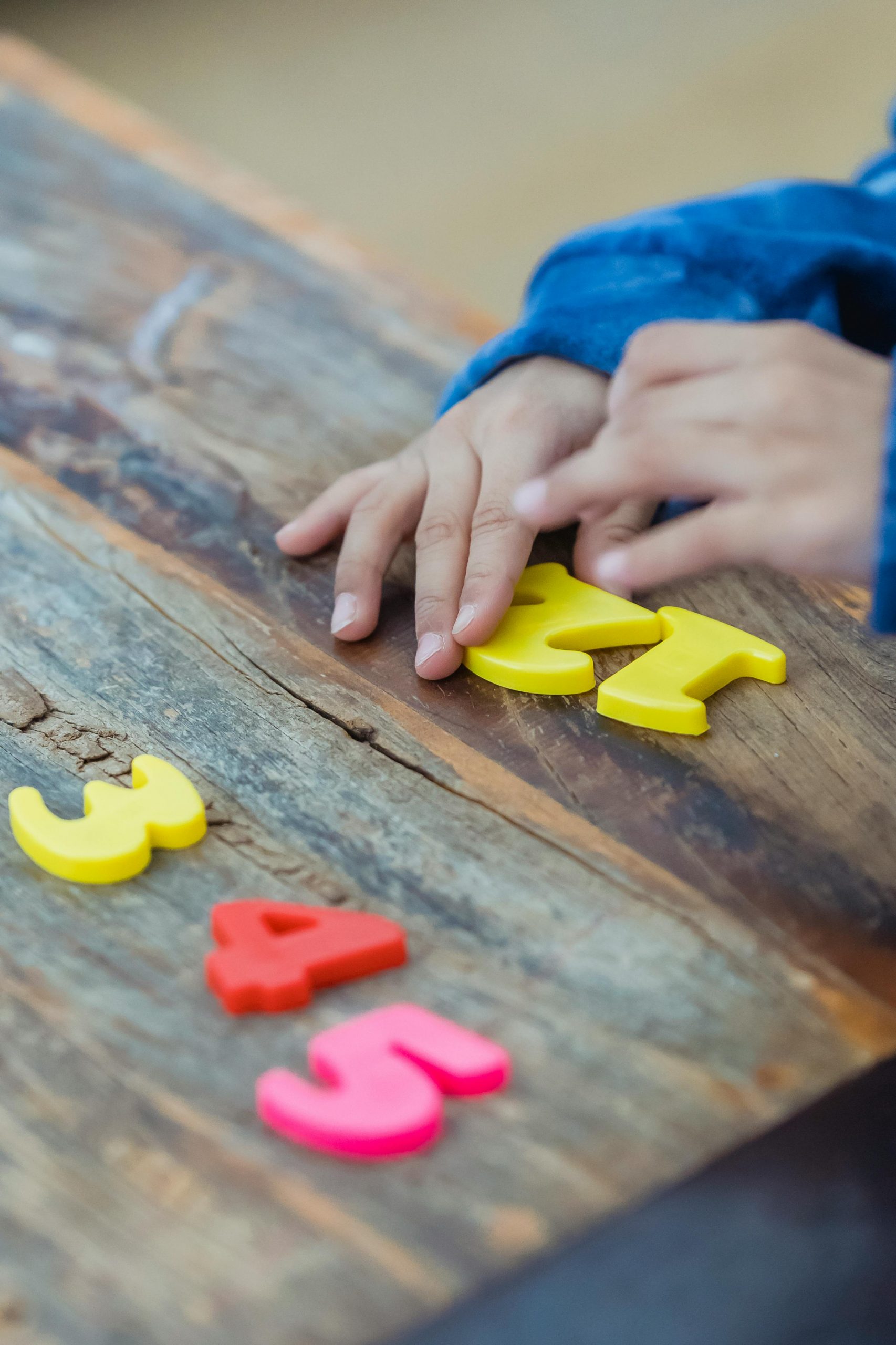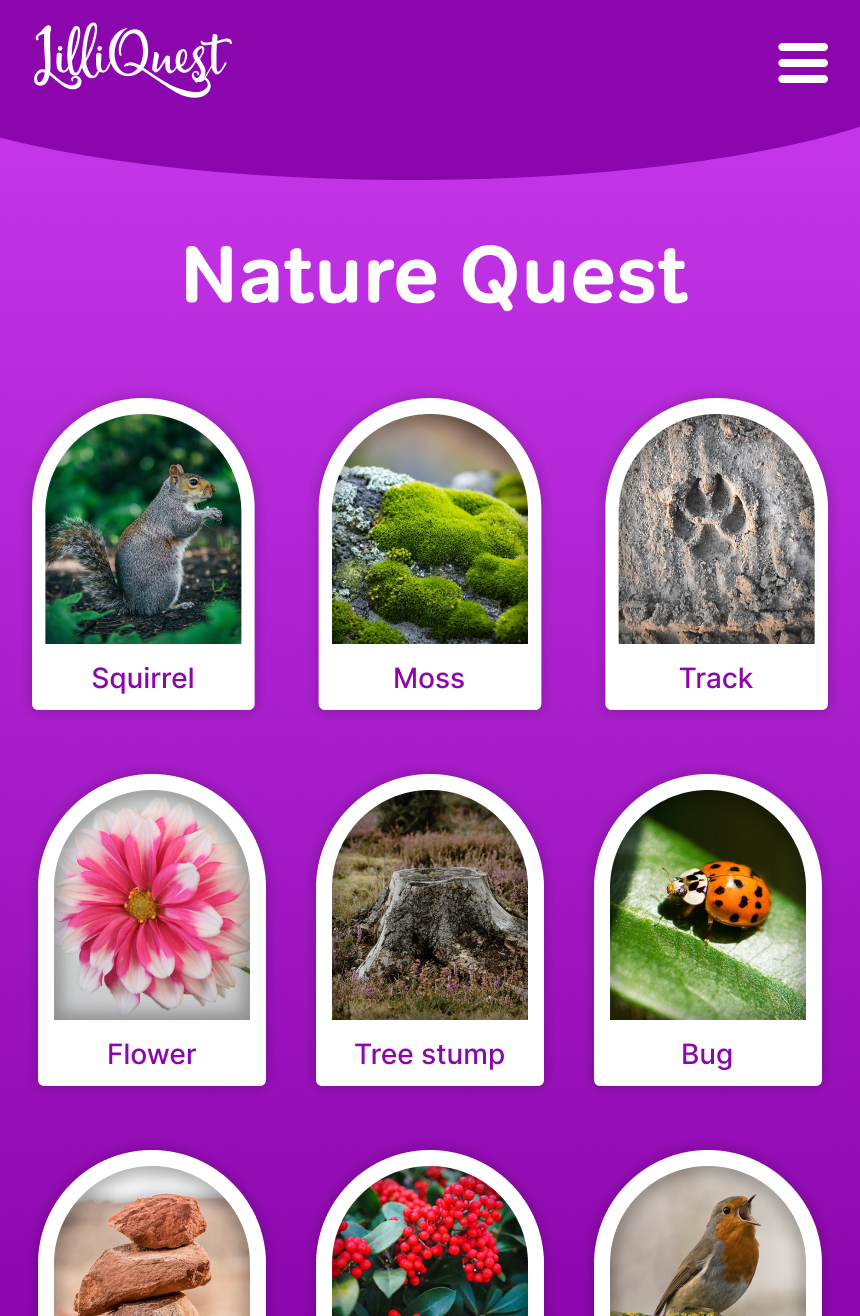7 Skills Your Child Should Learn Before Kindergarten
From the moment we’re born, we are observing and absorbing everything around us. Amazingly, children will learn many skills needed through natural play. But as parents, we are always looking for ways to prepare our kids for the next step. We have pulled together this list to help you understand the skills your child should start developing before kindergarten, plus fun ways to practice and instill a love of learning in your child.
Social Skills
Many social skills can be learned through natural play as well as a few games that you can encourage. Children should know how to:
- Share and take turns with other children
- Work and play cooperatively in a group setting
- Listen and follow simple multi-step directions
- Recognize and label their emotions, as well as understand how to express them
- Solve their conflicts with others independently or with guidance
- Follow basic rules such as raising hands to speak and listening quietly when asked
- Engage in familiar daily routines like arrival, snack time, and departure
Ways to Practice Social Skills
- Arrange playdates with other children to help them practice sharing, taking turns, cooperating, and conflict resolution in group settings
- Role-play social situations like asking for a turn on a swing or sharing toys
- Follow a schedule or routine at home regularly. Encourage them to follow simple instructions and transitions smoothly between activities
- Play games that involve listening carefully and following multi-step instructions, such as Simon Says or age-appropriate board games
- Teach them to recognize and label their emotions using books or stories
- Practice calming techniques such as deep breathing or counting to manage emotions
Independence
Kids should learn how to do many things independently. These skills will make it easier for transitioning to kindergarten:
- Using the bathroom independently
- Washing hands
- Dressing themselves, especially for items that they may need to take off and put back on at school like coats
- Solving simple problems on their own or with minimal help
- Cleaning up after themselves
- Managing their belongings, such as taking lunch to school and putting items in and out of their backpack
Ways to Practice Independence
- Encourage children to step slightly outside of what they think they are capable of doing, knowing that you are nearby if they need support
- Have children practice dressing themselves, especially with buttons and zippers
- Teach them to tie their shoes
- Have regular routines such as cleaning up after themselves after playing or eating
Motor Skills
Children need to master some fine and gross motor skills to be successful in transitioning to kindergarten:
- Using pencils and crayons
- Cutting with scissors
- Balance and coordination
Ways to Practice Motor Skills
- Drawing and coloring, plus encouraging your child to try to stay in the lines to work on better control of the crayon or pencil
- Tracing lines and shapes; adding letter-tracing can double as a way to learn their letters
- Cutting along lines or shapes with child-safe scissors
- Sculpting with playdough can strengthen hand muscles
- Dancing to develop rhythm and coordination
- Playgrounds provide opportunities to climb and work on balance
- Games like hopscotch, tag, or soccer help with balance and coordination
Language Skills
Even before they say their first word, children are learning about language. By the time they reach kindergarten, they should be able to:
- Speak in full sentences
- Listen to and follow conversations
- Being able to express themselves clearly using age-appropriate vocabulary
- Listen during story time or group activities
Ways to Practice Language Skills
- Engage in conversations with them on a daily basis
- Encourage discussion with all members of the family at meal times
- Encourage them to express themselves by asking open ended questions
- Use new vocabulary words around them and help them understand what they mean
- Play storytelling games with story stones or where each person adds a sentence or two to a story
Reading Skills
Almost everyone loves a good story, and it’s exciting for children when they realize they can read their favorite stories themselves. Skills they can develop before kindergarten include:
- Letter recognition, especially those in their name
- Identifying letter sounds
- Beginning to figure out what letters words begin with by sound
- Showing an interest in listening to stories and looking at pictures in books
- Knowing books are read left-to-right (or right-to-left for some languages) and we turn pages to continue reading
- Comprehension of a stories, including being able to retell characters or events of the story
- May start recognizing some words
Ways to Practice Language Skills
- Read books together daily and encourage your child to ask questions and predict what might happen next
- Play games like scavenger hunts where they find specific letters around the house
- Play rhyming games or guess what letter certain words begin with games
- Find opportunities to point out letters in the real-world on signs and the grocery store
- Place books where your child can reach them so they can practice “reading” by themselves anytime they want
Math Skills
Numbers are all around us and incorporated in our every day routines. While your child is unlikely to be learning mulitplication or fractions, you may be surprised at how much of the foundation for math is built before kindergarten through these skills:
- Recognize numbers
- Counting up to 20
- Comparing sets of objects to decide which has more, same, or less
- Understands how the number of items changes as items are added or removed from a group
- Pattern recognition
- Identifying shapes and sizes
Ways to Practice Math Skills
- Count objects around the house or during walks
- Play sorting games by color, size, or shape
- Bake together and count ingredients, as well as introduce measurements
- Make bracelets or necklaces using patterns
- At the zoo, ask your child if animals are bigger or smaller than other animals
Science Skills
Building science skills is most about fostering the innate curiosity your child will exhibit from the day they are born. Specific skills you can focus on developing before kindergarten are:
- Showing curiosity about their world and asking questions
- Experimentation and a willingness to try different methods and observe the outcomes
- Spatial awareness and concepts (left, right, up, down, near, far, inside, outside)
- Basic landforms such as mountains, hills, plains, bodies of water
- Observing and describing the weather (sunny, rainy, cold, hot)
- Noticing and describing characteristics of animals, plants, and other things they see
- Understanding basic life cycles for plants, insects (like butterflies), and animals (like frogs)
Ways to Practice Science Skills
- Provide opportunities to explore new places and experiences
- Encourage them to ask questions and seek answers; model how to find answers by saying “I don’t know and let’s find out together.”
- Conduct simple experiments at home
- Use materials like sand and playdough to create different landforms like mountains and valleys
- Encourage them to pick out clothes based on what the weather is
- Ask them to make predictions about what might happen (e.g., “If I put this ice cube outside, what will happen?”).
- Take nature walks to observe plants, animals, and seasonal changes; get close to plants and observe their characteristics
BONUS:
Go on a Quest and Practice these Skills
LilliQuest was created with these skills in mind. Through our scavenger hunts, your child can practice learning about colors, math, letters, observation, and more!



